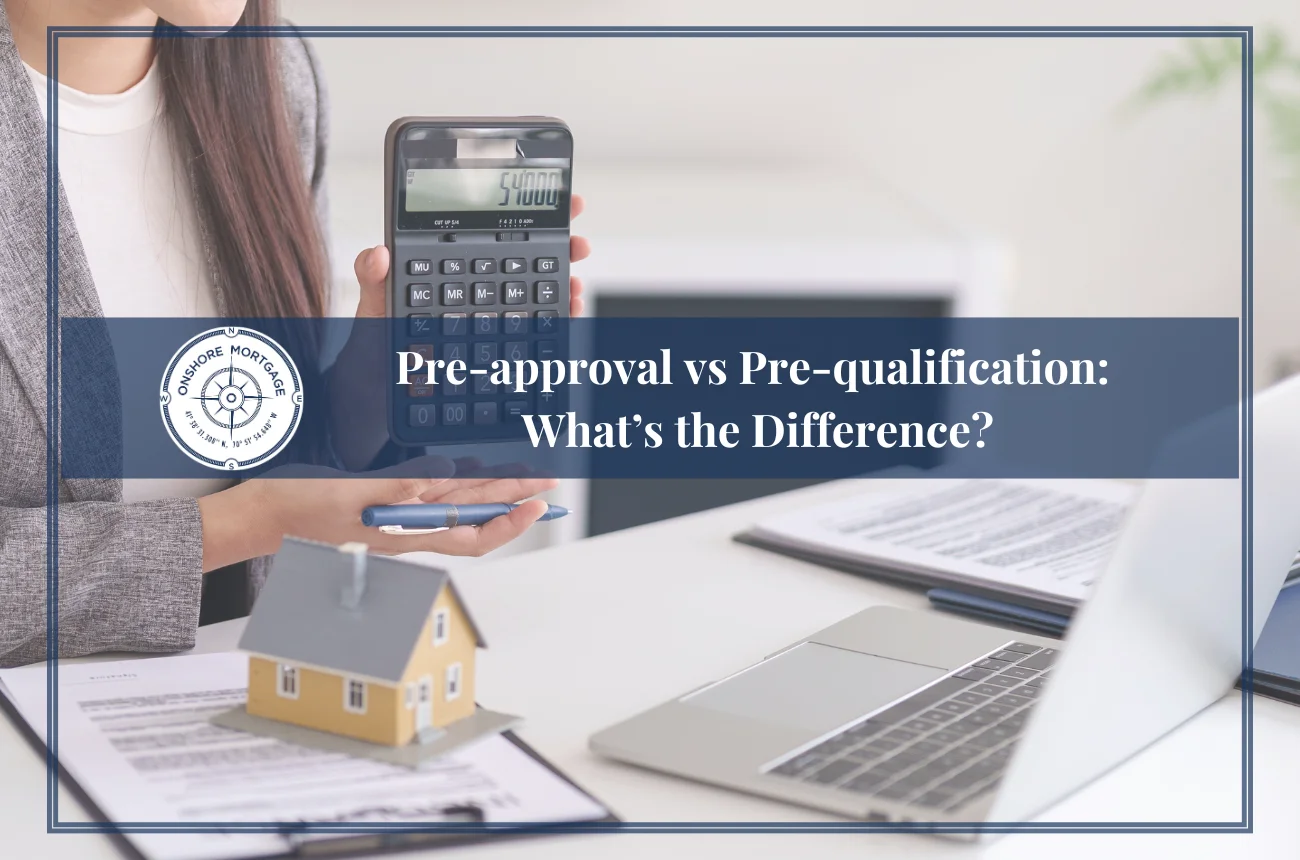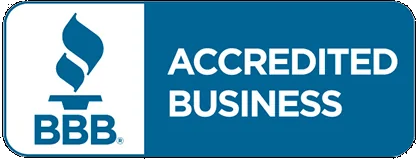Latest Articles
Mortgage advice, real estate market updates, and home buying tips for buyers and homeowners in Fairhaven and across Bristol County, Massachusetts, proudly serving clients throughout Massachusetts and Rhode Island.
Fannie Mae 5% Down Multifamily Loan for Buyers
Published:
February 16, 2026
Buy a multifamily home with just 5% down. Learn how the Fannie Mae multifamily loan works, who qualifies, and how rental income can help.
Pre-approval vs Pre-qualification: What’s the Difference?
Published:
February 1, 2026
Learn the difference between mortgage pre-approval and pre-qualification and why pre-approval gives homebuyers a stronger offer advantage.
How to Avoid Capital Gains Tax When Selling a House
Published:
January 26, 2026
Learn how to avoid capital gains tax when selling a house, including the 2-in-5 rule, exclusions, exceptions, and smart tax-saving strategies.
Onshore Mortgage Named Award-Winning Broker for 2025
Published:
January 19, 2026
Onshore Mortgage earns top industry honors for 2025, including Top 1% Loan Officer, Top 20 Purchase LO in MA, Fastest Refinance Closer, and ASR Shining Star.
First-Time Homebuyer Checklist for 2026
Published:
January 1, 2026
A step-by-step first-time homebuyer checklist for 2026 covering credit, budget, documents, and preapproval to help buyers prepare with confidence.
Credit Scores: Keys to Buying a Home in MA
Published:
January 1, 2026
Learn what credit score you need to buy a home in Massachusetts and how Onshore Mortgage helps you qualify fast, even with less-than-perfect credit.

.webp)





.webp)

